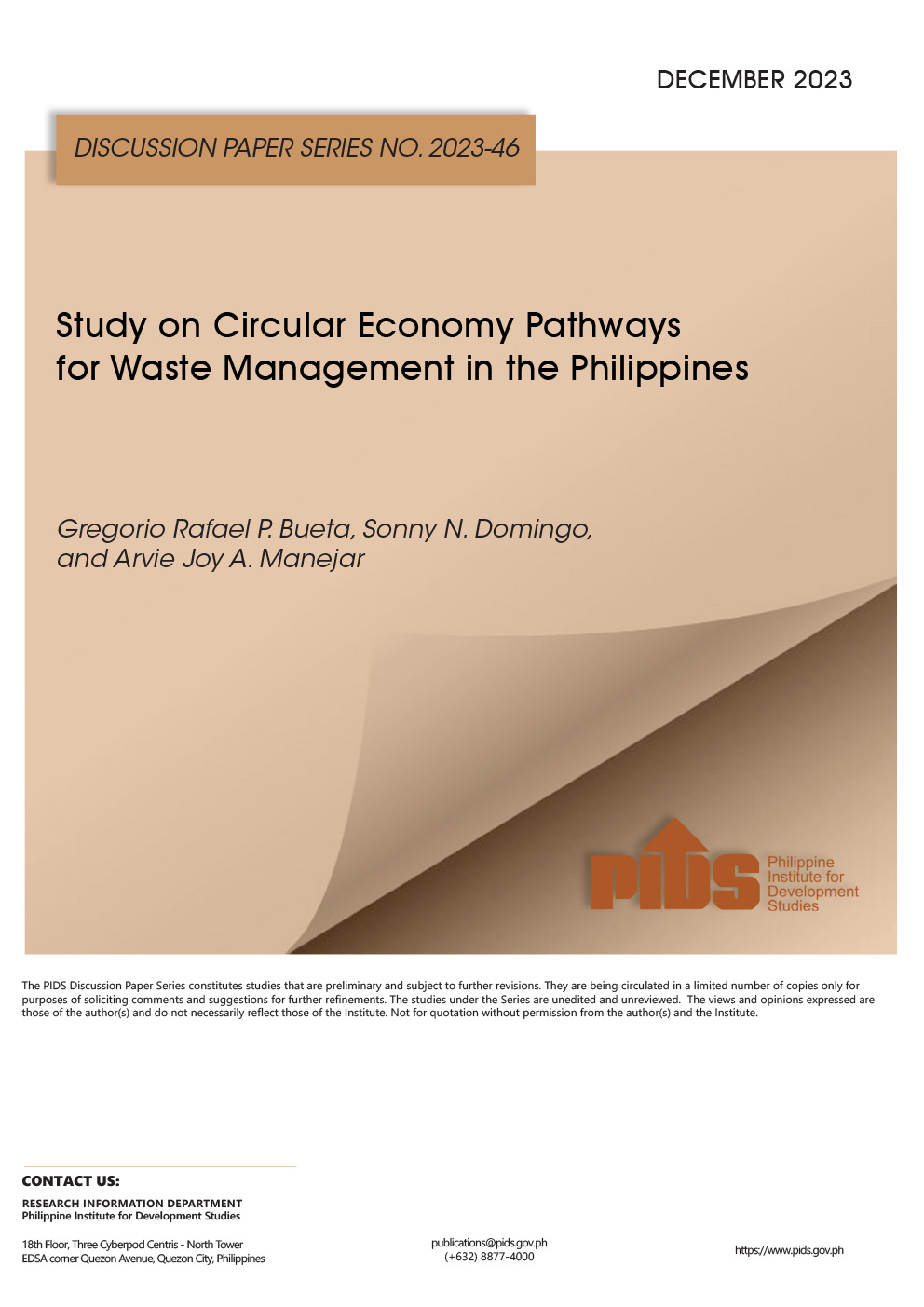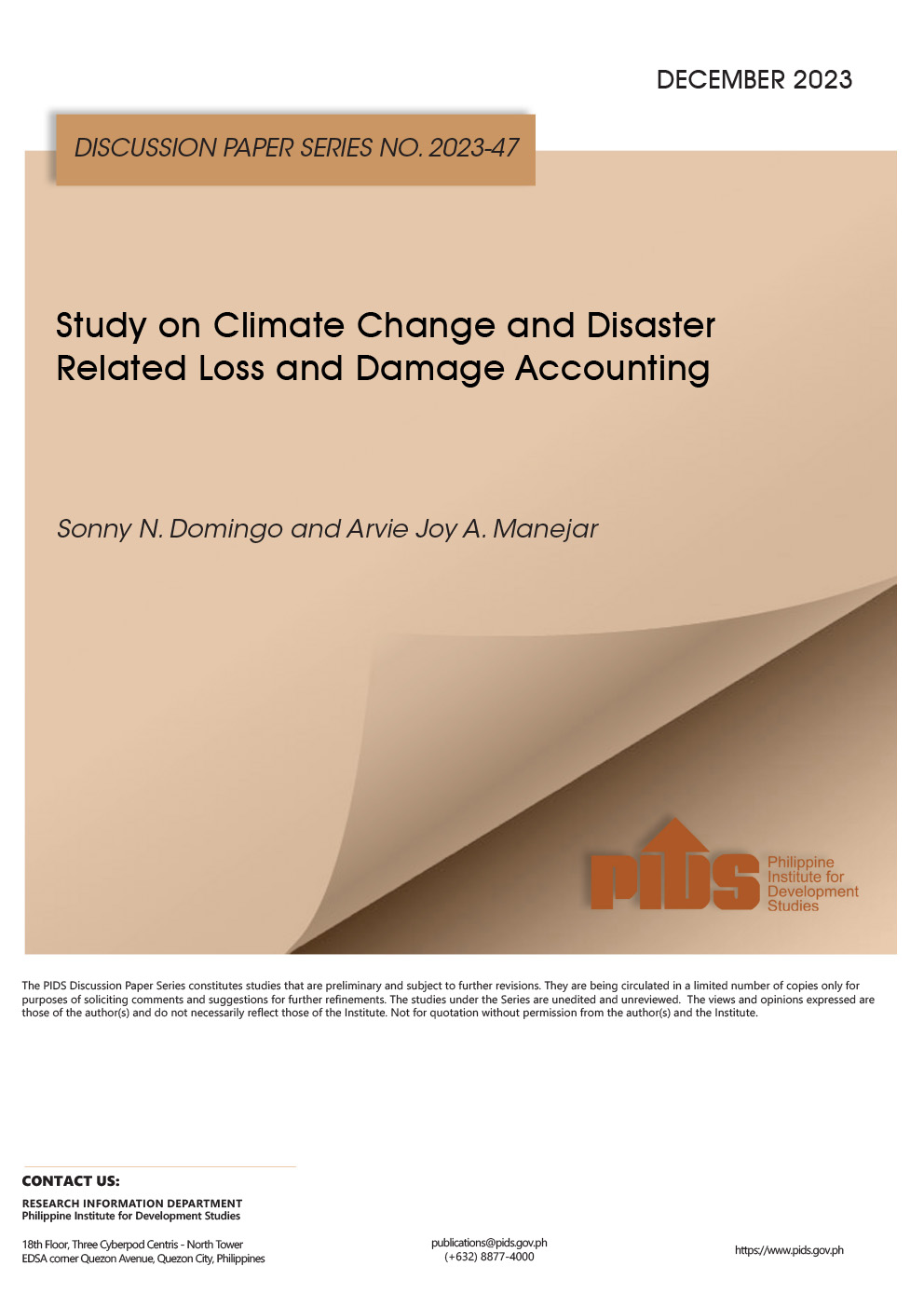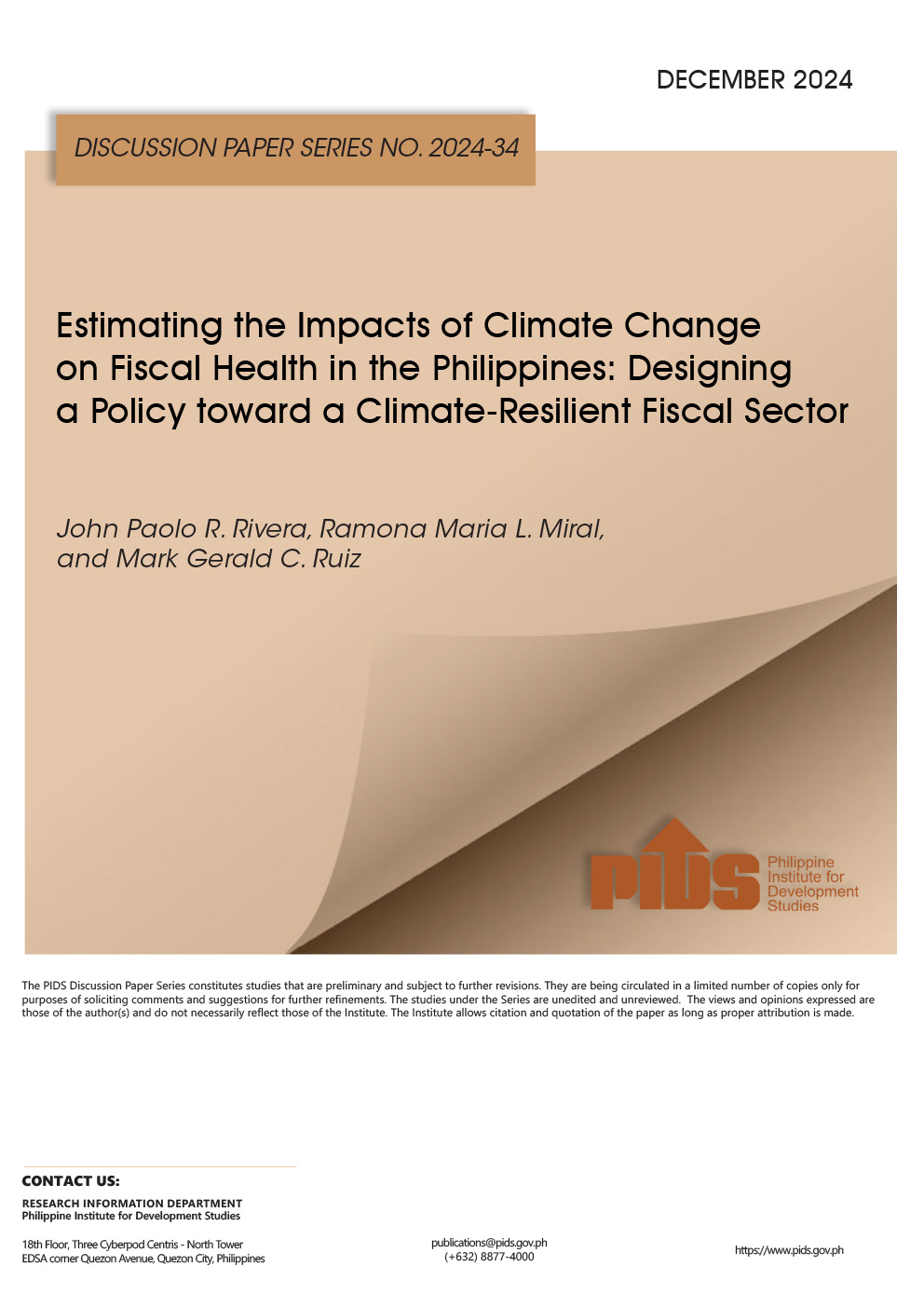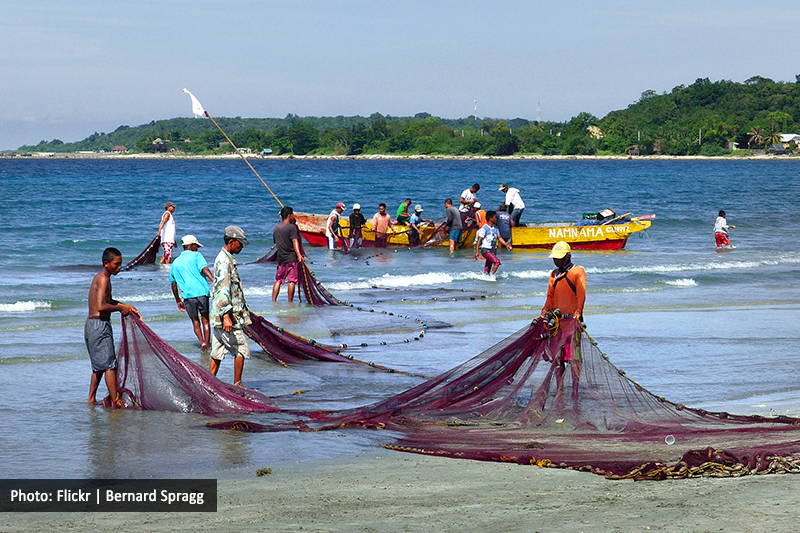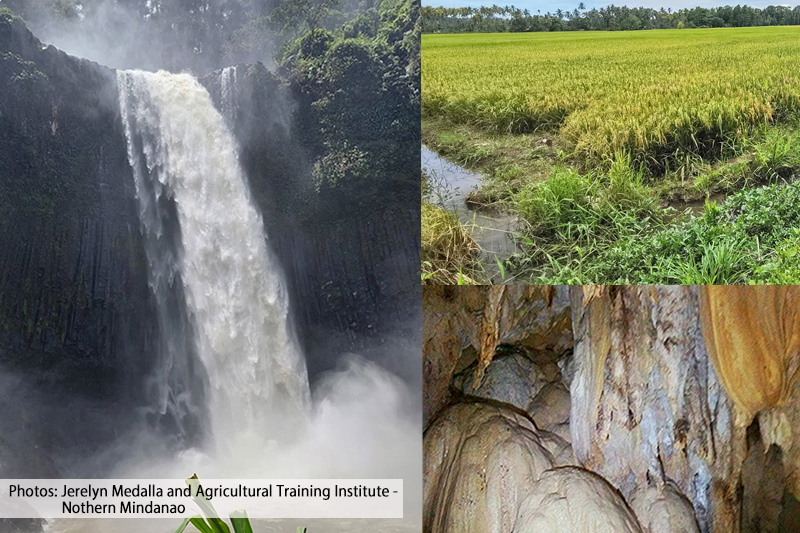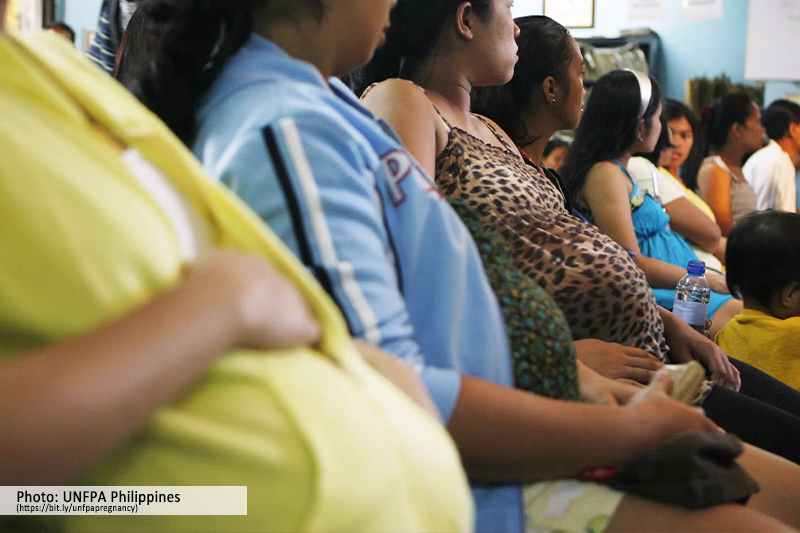What if community initiatives and partnerships guided our food waste management solutions?
As holiday feasting this year is heightened, notwithstanding the rising food costs, managing food waste may be thrown out the window. Yet the huge problem of food waste ending in landfills and contributing heavily to greenhouse gas emissions is a year-round challenge.
In the Philippines, food waste composting company GreenSpace estimated that 2,175 tons of food are thrown into trash bins daily. That’s in Metro Manila alone. Very few municipalities, notably Marikina, operate a system that efficiently collects food waste from commercial establishments regularly, with around 1.5 tons collected in buckets and mixed with other ingredients to form compost.
In many cities in Metro Manila, many households show a willingness to recycle but lack the backyard space to create compost.
Waste segregation in households is also rarely practiced. But in certain cities like Mandaluyong, there had been efforts to set up barangay composting centers where kitchen wastes collected daily are brought for composting.
Households alone account for an estimated 9.4 million tons of food waste that pollute the environment, the Philippine Institute for Development Studies noted in 2021.
Factoring in commercial establishments raises alarm bells. Food waste occurs with leakage in the supply chain (transporting food to consumers) and the inability to rechannel food waste back into the “circular economy” such that food wends its way to landfills instead, producing methane gas and adding to global warming.
Raising awareness
Food waste management is one of the key urban issues that journalists from the Philippines, Thailand, and Indonesia decided to tackle, following a recent workshop on the challenges faced by megacities. It was organized by media organization DW Akademie Asia in Singapore.
The alarmingly high amount of food waste ending in landfills and polluting surroundings has led to a growing number of organizations in these three countries to confront the problem head-on.
Leading food bank organization, Rise Against Hunger Philippines (RAHP) is not only rescuing food surplus mostly from the manufacturing sector but venturing as well into sustainable agriculture.
Certain organizations have devised innovative apps, including SoilMate, which is spearheaded by World Wildlife Fund-Philippines and GreenSpace. It lets users manage their food waste through a composting subscription plan and a “book-a-bucket” exchange while earning compost credits/rewards and tracking food waste generation. Swiss agronomist Peter Damary, supported by his Filipina wife, did research in Davao and took the natural process of efficiently addressing biodegradable kitchen waste by composting. His eco-agricultural startup firm FiveDOL/LimaDOL continues to gain ground, fueled by his passion for an environmental business and driven by the knowledge that technology is available.
These organizations have teamed up with local government units (LGUs) as well as non-government organizations (NGOs), on top of getting support from the business sector and members of the community.
Engaging farmers, eco-conscious individuals, organizations, and policy-makers in conversations about nutrition, food waste, and other environmental issues has been a solid first step. With growing awareness, individuals are prompted to take action.
Rescuing food surplus
Food banks have been of much help to underprivileged Filipinos, especially during the COVID-19 pandemic.
“Through Rise Against Hunger Philippines, we were able to reach 1,800 vulnerable families and support them with meals that provide them with necessary nutrition,” said Coca-Cola Foundation Philippines president Cecile Alcantara.
RAHP executive director Jomar Fleras said they have been able to rescue 90% of food surplus from big companies. Their twin thrusts are to carry out the mission of addressing widespread hunger in the Philippines and mitigating food wastage.
Alongside continually coordinating with LGUs in forming community kitchens, RAHP grows organic produce on its farms, growing food crops for communities within an urban environment.
“Agriculture is a necessary ingredient,” said Fleras in addressing food insecurity and curbing food wastage.
Diverting food waste from landfills
Noting the reality of climate change, Damary, with his FiveDOL/LimaDOL startup, has become a focal point in advocating for segregating food waste in Davao. He works with two LGUs, Tacunan & Mintal, as well as housing associations that collect food waste, plus NGOs and a university, underscoring how collaboration can spur progress.
To date, Damary estimated that Davao City churns out 300 metric tons of food waste daily, going to and rotting in landfills. His startup can convert three tons a week through composting and he hopes to increase the number soon.
One thing is clear: Food waste produces resources. Damary stressed that food waste can be composted using non-biting black soldier flies. Food waste are then converted into valuable products that aid in regenerating the soil and serve as insect protein.
In terms of replicating the composting facility in other cities in the Philippines, Damary said it requires ample space, which remains a huge challenge.
Creating a habit
SoilMate, meanwhile, not only helps users monitor food waste and its environmental impact but also allows easy access to a composting plan and centralized food waste collection system. Through the “bokashi” method, which uses bacteria to predigest and ferment waste matter, thereby cutting composting time, SoilMate emerges as a game-changing app.
“We are the very first in the Philippines to have this app,” said WWF-Philippines’ Melody Melo-Rijk.
Since its initial phase with GreenSpace, the number of subscribers of SoilMate has increased from 10 to over 250, including more than 20 businesses. Partnerships with municipalities are also underway.
While service is limited only to Metro Manila for now, SoilMate believes it can still make a difference in food waste management. The project’s proponents are optimistic that composting will eventually be a daily habit of Filipinos.
“The possibilities for SoilMate are limitless,” added Melo-Rijk.
Government legislation
Building an infrastructure to manage food waste is not an easy task. While funding can be key to galvanizing action, getting the backing of the government can boost communities to address key issues.
A bill on food waste management called the Food Surplus Reduction Act has been co-authored by Sen. Loren Legarda. This aims to extensively curb food waste in communities by providing accessible mechanisms, including the building of more recycling facilities.
Improving resource efficiency and combating massive food waste do not rest on a food bank organization or farmers or a startup business alone. It takes a village to address environmental issues.

